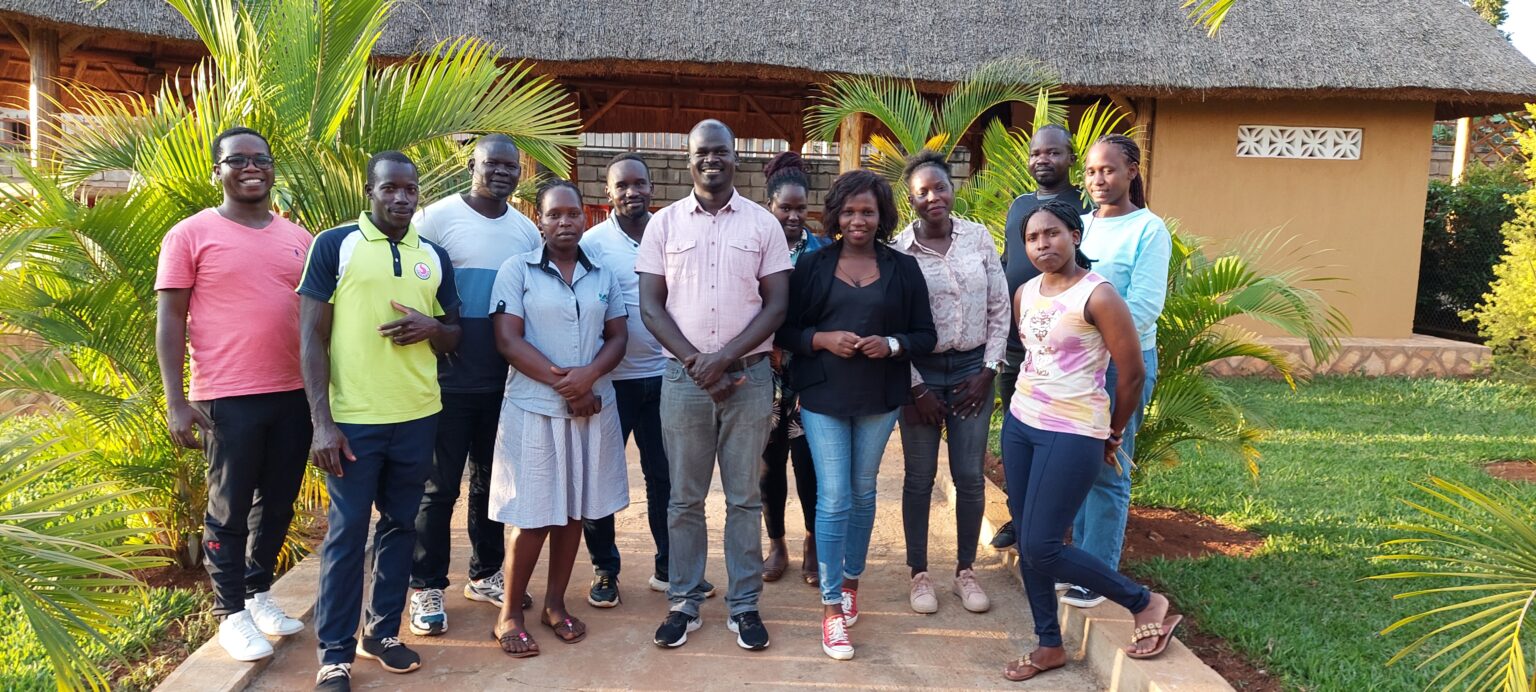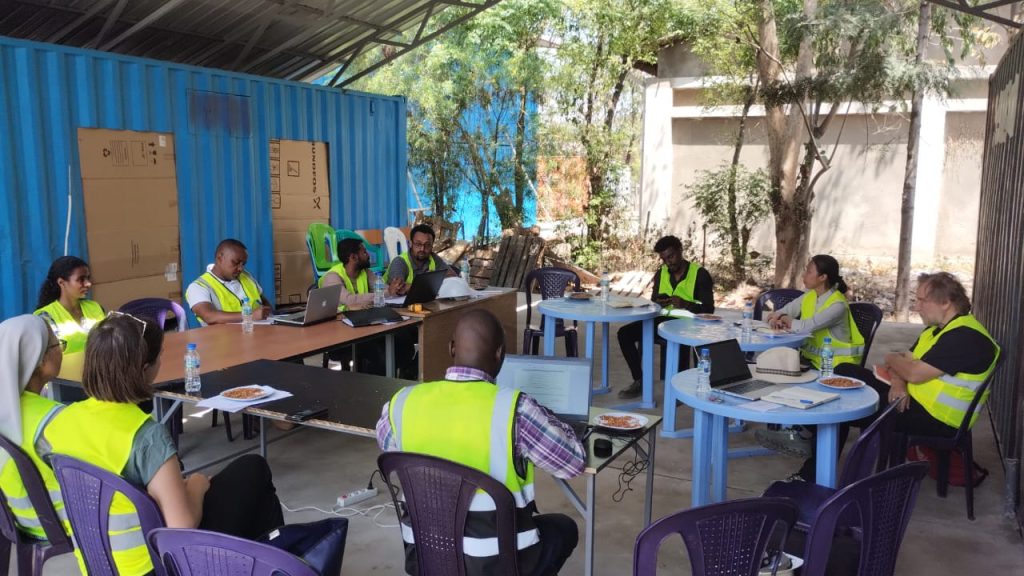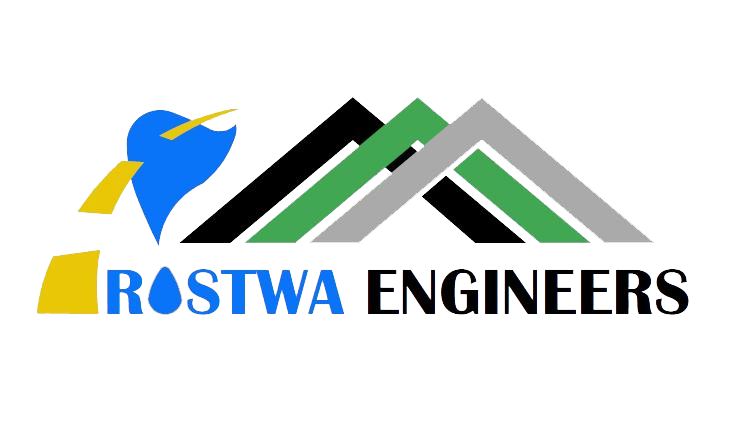
Effective management
The first thing a good manager must know is that the skill set is a process. You don’t become a good manager overnight. It takes time. It takes failure, but without that failure you’d never learn from you mistakes and grow. Here are some ways to be as effective as possible as a manager.
Time Management: A good manager can then manage that timeline and break it down into large phases of the project, called milestones, and then into smaller parts that are called tasks. But it’s not merely creating a plan, it’s also monitoring that process and adjusting accordingly to stay on schedule.
Communication – Communications isn’t giving orders, though that’s part of it. Communications is a two-way street, with as much emphasis on listening as there is on talking. If you can get your message across then you’re working efficiently.

Team Building – Individuals can work in groups, but not without some real bonding through team-building exercises like having meals together, having casual chats during breaks. If you put this work in before the project, you’ll have less issues during its run.
Be inclusive: To build a diverse team, you need to create an inclusive and positive organizational culture. When every team member feels respected and valued, you’re naturally going to boost employee engagement and (by default) produce better work. An engaged team is a happier team.
Be decisive: As a manager, you are responsible for making decisions that affect the entire team. To avoid conflicts when making important decisions, it’s important to coordinate with your team and communicate properly by.
Negotiations – You need to attain negotiation skills and it’s your responsibility to find a technique that works. The better you can negotiate with your team, the more likely you are to stick to the planned project goals.
Conflict Resolution – When you put a team together and there will be conflicts, which you’ll have to resolve those conflicts fairly and quickly to keep the project on track. You should allow people to be heard and create an environment where people come together for the greater good of the project.

0 comments
Write a comment